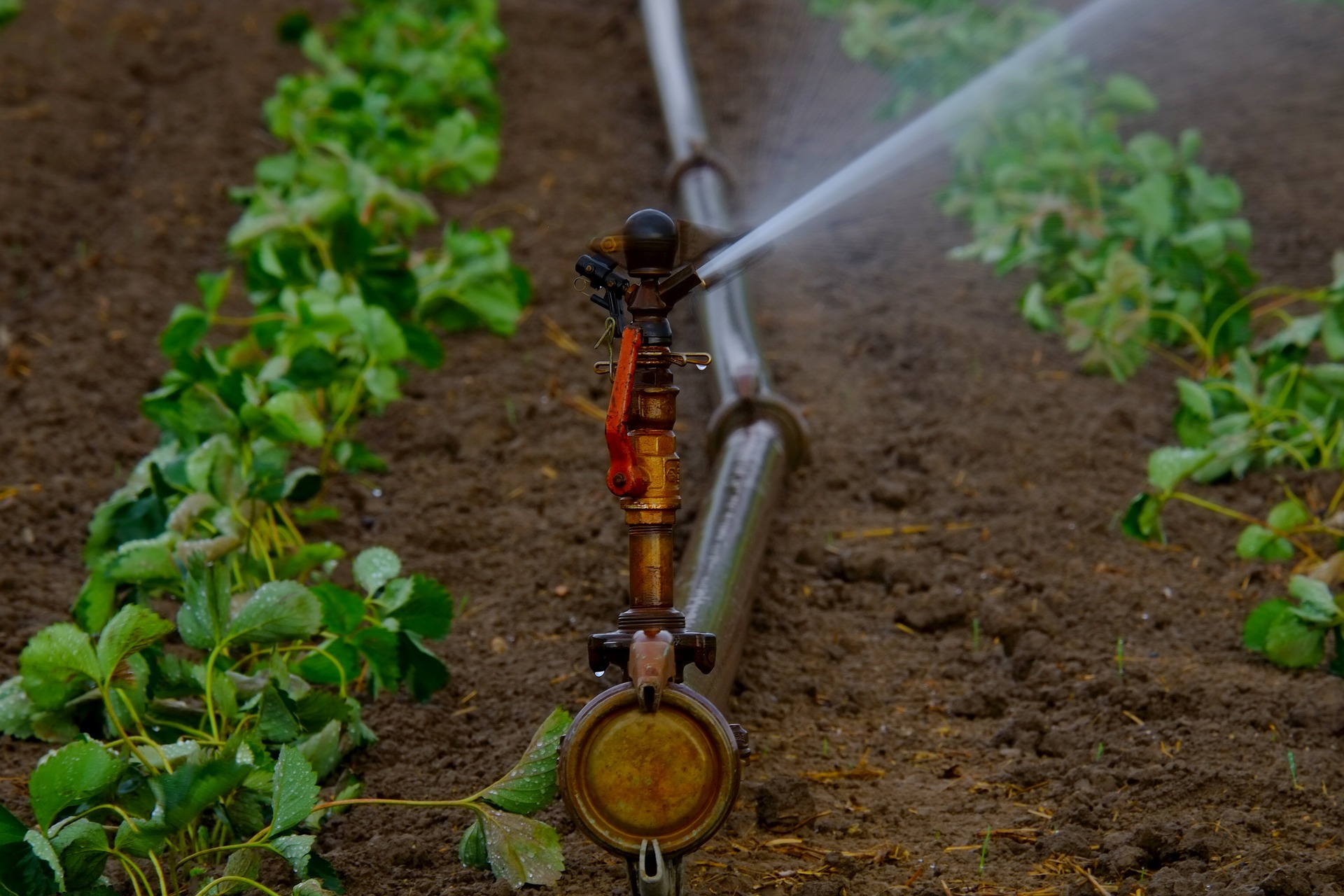
TASHKENT. On June 9 a seminar "Innovative academic research and teaching on water governance and agricultural development in Central Asia" will be held in CAREC-TIIAME Innovations and Scientific Research Cluster.
Background
The agricultural sector has remained important in terms of employment, rural livelihoods, food security and government earnings and as such for general economic development in all Central Asian countries. Scientific projections indicate that climate change will reduce water supply and increase its volatility, thus aggravating the risks of agricultural production in the region. While in terms of absolute availability the region is not water scarce, it is very vulnerable to water-related problems. Not only climate change but also local mismanagement of the dilapidated water infrastructure and the specific water needs of industrialized crop production as well as population growth, urbanization and industrialization have increased the pressure on water supply and are likely to do so in the future.
Given this fundamental importance of agriculture for sustainable development and immanent issues related to water governance in the region, a new German-Uzbek Doctoral Programme “SUSADICA –Sustainable Agricultural Development in Central Asia” pursues cutting edge research on the three dimensions of economic, social and ecological sustainability and creates a challenging, collaborative research environment for doctoral researchers. The Programme intends to act as a model for higher standards of doctoral education, international networking and academic output for other disciplines and universities throughout Central Asia. Current research areas include (1) farm restructuring & labour relations, (2) agricultural innovations & technology, (3) agricultural policy, (4) environmental change & agriculture, and (5) water governance.
Master and PhD students who are welcome to apply for the program!
This workshop aims at presenting the new program by highlighting innovative research and teaching formats as well as selected results and methods from a current research project “AGRICHANGE - Institutional change in land and labour relations of Central Asia’s irrigated agriculture”. These include field experiments and qualitative flash studies on water governance in Central Asia. The workshop language is English.
The schedule will be four presentations followed by an open discussion with the auditorium.
1. A new Graduate School on Sustainable Agricultural Development in Central Asia (Prof. Dr Martin Petrick, IAMO)
Agricultural development in Central Asia requires a systemic approach that accounts for the various implications of agriculture resource use for economic, social, and environmental sustainability. In a new initiative, a consortium led by the Leibniz Institute of Agricultural Development in Transition Economies (IAMO) aims at the creation of a collaborative research environment for doctoral researchers that is based in Uzbekistan. The current presentation introduces the guiding principles of this new Graduate School, which are: (A) competitive and transparent recruitment of doctoral researchers, (B) focus on research topics that build a bridge between the international academic discourse and agricultural development challenges relevant for Central Asia, (C) structured education and training of the doctorate students that enables them to conduct independent research, and (D) integration into a network of international partners and events.
2. Social-science experiments in the field (Iroda Amirova, IAMO)
Social-science field experiments are becoming popular due to their unique ability to isolate individual factors influencing the outcomes under scrutiny while preserving a contextual frame to real world decision makers. Informing policy makers, theory-testing, and searching for facts are the notable uses of experiments. Uzbekistan’s irrigation water reforms, degrading pasturelands, or mahalla’s self-governance potential are only a few possible examples the experiments could address. Social scientists must exhibit great care in their design of experiments and ensure that the experimental structure was clear to participants. Researchers must replicate the experiments to test the robustness of their findings. Recent developments in experimental design imply that the new generation of experimenters should include specific ecological dynamics, enhance the focus on the innovation of formal rules for more complex dilemma situations and create large-scale experiments.
3. New methods and approaches of interdisciplinary and qualitative research (Nozilakhon Mukhamedova, IAMO)
The presentation will be devoted to unconventional approaches and methods in conducting transdisciplinary research that could bring together natural and social scientists as well as their various scientific practices to provide participatory approaches to knowledge-making. The important goal of such approaches is to create knowledge that can be put to use in both applied and academic contexts. In addition to introducing such “flash study” approaches, the presentation will also include examples of qualitative data gathering and analysis through studies conducted in Central Asia on water governance and gender issues. Issues including quality indicators, research design, ethics, writing up and disseminating research are also addressed.
4. Innovations and agricultural development (Dr. Nodir Djanibekov, IAMO)
Innovations, such as new production devices and methods, present the basic elements of technological and institutional change. They drive agricultural productivity growth, breaking out the Malthusian trap. The search for innovations represents an economic activity affected by resource scarcity and economic conditions. Investments in human capital, as well as environmental and institutional characteristics, determine the capacity of a new technology to generate additional growth. The research on innovation adoption can produce important policy-relevant knowledge, i.e. on barriers to adoption, options for breaking out unsustainable technology lock-ins, new public research priorities, the impact of technology adoption on productivity and income as well as its social implications. Despite the role of agriculture in Central Asia, the topic of innovation adoption has not yet attracted much attention from social scientists, including agricultural economists.
Time: 10:00 – 12:00 am
Venue: CAREC-TIIAME Innovations and Scientific Research Cluster
Tashkent Institute of Irrigation and Agricultural Mechanization Engineers (TIIAME)
Qori Niyozi str. 39
100000, Tashkent, Uzbekistan
Links
SUSADICA project: https://www.iamo.de/susadica
AGRICHANGE project: https://www.iamo.de/agrichange
About IAMO: https://www.iamo.de/en/
Contacts
Dr Nodir Djanibekov
Prof. Dr Martin Petrick
Leibniz Institute of Agricultural Development in Transition Economies (IAMO)
Email: susadica@iamo.de
Financial support to the research presented in this workshop by Volkswagen Foundation is gratefully acknowledged.
